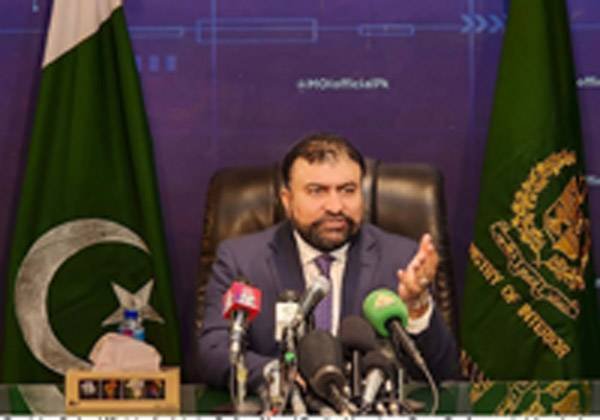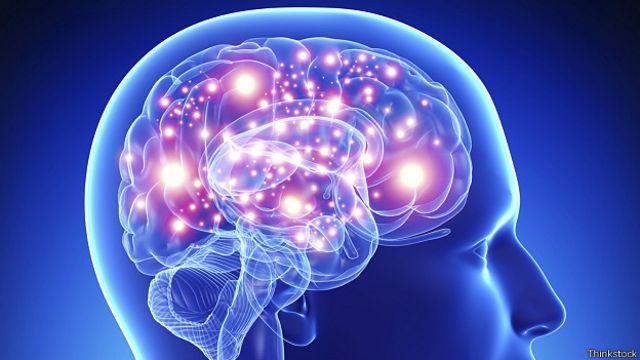By Waqar Ahmad
The echoes of the Supreme Court Bar Association’s nationwide strike today resonate with the memories of the Lawyers’ Movement in 2007. Back then, the legal community, often clad in black coats, took to the streets to exert pressure on a military-led government to embrace constitutionalism. While the Lawyers’ Movement was primarily championed by the legal fraternity, it received substantial support from politicians, the media, and civil society, each playing a unique role in challenging an oppressive regime that consistently flouted the nation’s laws.
Ultimately, the dictator responsible for this turmoil faced a high treason conviction. However, it appears that the lessons from that period, marked by mistakes and abuses of power, were not fully absorbed. With time, the tumultuous events of the past seem to have faded from memory, and a new generation is now tampering with the Constitution, eroding judicial independence, curtailing civil liberties, and stifling dissent.
Hence, it comes as no surprise that the stalwarts of the Lawyers’ Movement are once again at the forefront, endeavoring to galvanize the legal community against what they perceive as a ‘creeping martial law’ disguised under the guise of ‘stabilizing’ the nation. The torchbearers of justice from the past are once again sounding the alarm, reminding the nation of the perils of forsaking constitutional principles and the importance of upholding the rule of law.
As history tends to repeat itself, it is crucial to remember the pivotal role that unity across various segments of society played in restoring democracy and constitutionalism during the Lawyers’ Movement. The legal community, bolstered by support from citizens, media outlets, and politicians, collectively pressed for the return to democratic norms.
However, the challenges facing the legal fraternity today are not mere echoes of the past. They have evolved and taken on new forms. The complexities of the contemporary legal landscape demand fresh strategies and innovative approaches to confront threats to democracy, rule of law, and judicial independence.
In the face of mounting challenges, the legal community finds itself once again at a crossroads. It must harness the spirit of the Lawyers’ Movement and adapt it to the present context. This involves not only defending the judiciary’s autonomy and safeguarding civil liberties but also addressing contemporary issues such as the digital landscape’s impact on freedom of expression and access to justice.
The role of lawyers extends beyond the courtroom. They are the custodians of justice, entrusted with upholding the values enshrined in the Constitution. Therefore, they must leverage their legal acumen, advocacy skills, and the power of collective action to navigate the intricate web of challenges posed by evolving threats to democracy.
Moreover, the media, as the fourth estate, holds a critical responsibility. It must continue to serve as a watchdog, ensuring transparency and accountability in governance. Journalists, like lawyers, have a duty to protect the public interest and act as a check on those in power.
Politicians, too, have a pivotal role in upholding democratic principles. They should prioritize the nation’s interests over partisan gains and work towards strengthening institutions that uphold the rule of law.
Civil society, comprising diverse voices and perspectives, remains a potent force for change. It has the capacity to mobilize public opinion, advocate for reforms, and hold leaders accountable.
As the legal fraternity embarks on this renewed journey to protect democracy and constitutionalism, it must recognize that the path ahead is fraught with challenges. The struggle for justice and the preservation of democratic values require unwavering commitment, resilience, and a unity of purpose.
The resolution adopted at the All Pakistan Lawyers Convention, orchestrated by the SCBA, reads like a comprehensive indictment against the state’s actions. It voices a compelling demand for the liberation of all political detainees, an immediate cessation of the security establishment’s interference in political affairs, the unwavering commitment to the Constitution and the rule of law, and the unequivocal elevation of civilian authority.
Furthermore, it vehemently opposes the trial of any civilian in military courts, deeming it a grave infringement on the principles of a fair trial, due process, and the protection of fundamental rights. The resolution resounds with a call for general elections within the constitutionally mandated 90-day timeframe, serving as a resolute warning to the government against encroaching on the independence of the judiciary. It also advocates for the punitive measures necessary to hold those in contempt of the court’s orders accountable.
These demands, far from being radical or revolutionary, are emblematic of the fundamental principles enshrined in the nation’s constitution. They represent a stark reminder that each stakeholder in the state machinery must remain steadfast in fulfilling their designated roles and responsibilities.
Regrettably, Pakistan’s civil society leadership has taken a backseat in championing these critical demands. Instead, it is professional lawyers, deeply concerned by our escalating societal decay, who have assumed the mantle of leadership in this endeavor. In the past, luminaries of human rights advocacy such as Asma Jahangir and I.A. Rehman fearlessly championed causes that few dared to pursue.
However, with the absence of these iconic figures, it appears that a gradual erosion of conviction has taken place within the ranks of those who were once unwaveringly dedicated to the welfare of our populace. It is our fervent hope that the silence observed by Pakistan’s brightest minds stems from inexperience or momentary inaction rather than enduring disillusionment or apathy. In a nation yearning for justice and the preservation of democratic ideals, the call to action must remain resolute and unyielding.
In conclusion, the echoes of the past reverberate in the present as the legal community raises its voice against threats to democracy. The lessons of history remind us that the defense of constitutional principles and the rule of law is a collective endeavor. To overcome contemporary challenges, the legal fraternity, along with other stakeholders, must adapt strategies while remaining steadfast in their commitment to justice and democracy. In doing so, they honor the legacy of the Lawyers’ Movement and pave the way for a more just and democratic future.
Subscribe our website for latest updates:
https://republicpolicy.com/shop/
Read More

















